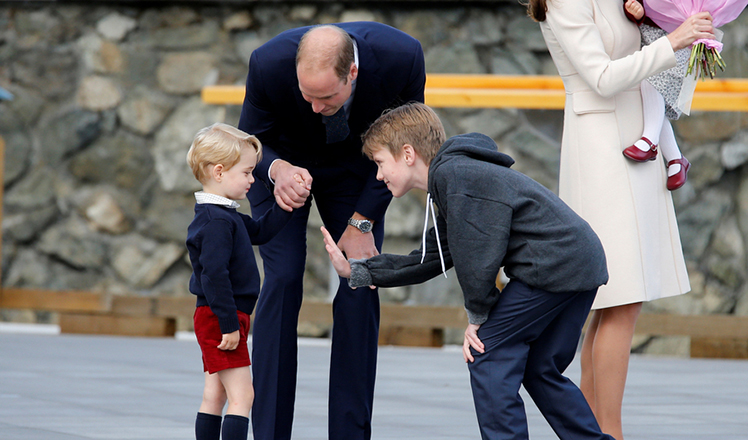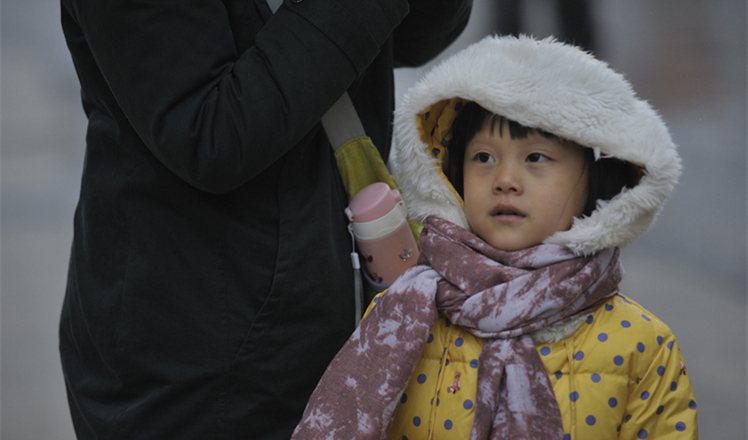Mind-controlled tech to aid astronauts
Updated: 2016-10-10 07:53
By Zhao Lei(China Daily)
|
||||||||
Chinese space scientists are developing technologies that will allow astronauts to use their thoughts to control equipment in spacecraft, according to the China Manned Space Agency.
The China Astronaut Research and Training Center's National Key Laboratory of Human Factors Engineering has been working with Tianjin University on the development of a human brain-to-computer test system, information about which is on display at the 2016 International Simulation Expo, which opened in Beijing on Sunday.
The system will translate astronauts' brain impulses into words to communicate with ground control and operate instruments in spacecraft.
The goal is to improve the efficiency of astronauts' interaction and coordination with machines.
The system will be tested by astronauts during a real spaceflight, making it the first such experiment in the world, and the process uses astronauts' thoughts and does not require manual movements.
Wang Ya'nan, editor-in-chief of Aerospace Knowledge magazine, told China Daily that mind-controlled technologies were first developed in the biomedicine field to help people with physical disabilities but are now to be utilized in the aviation and space industries.
"Aviation and space engineers around the world are exploring the technologies because they can enable pilots and astronauts to perform multiple tasks simultaneously," Wang said, adding that mind-controlled systems could also be useful in unmanned aircraft operations as well as long-distance military missions.
Researchers in the United States and Europe have been researching and testing mind-controlled flight for several years, Wang said.
China will soon launch the Shenzhou XI spacecraft to transport two male astronauts to the Tiangong II space lab that was launched into space in mid-September. The astronauts will stay in the lab for one month.
China plans to launch the core module of its first manned space station in about 2018, with construction of the three-part space station to be completed before the end of 2022, according to the space agency.
China might be the only country to have a space station in service in 2024, when the International Space Station is set to retire, said Lei Fanpei, chairman of China Aerospace Science and Technology Corp.
Upon its completion, astronauts will be able to live in the station - which has a designed lifespan of 10 years - for more than one year per mission, Lei said.
zhaolei@chinadaily.com.cn
- World's longest sightseeing escalator awaits you in Central China
- More than 20 buried under collapsed buildings in Wenzhou
- Li arrives in Macao to boost ties with Portuguese-speaking countries
- Scenic spots ranked for their holiday services
- Illness raises risk of vanishing
- Jack Ma and Spielberg work together to tell Chinese stories
- Panel tackles controversial Fox News skit on Chinatown
- Chinese tourists forced to sleep at airport for 5 days
- Saudi-led coalition denies striking funeral in Yemen's capital
- From bars to shops, seniors working in Tokyo
- Boat with some kids aboard capzised in San Francisco
- China urges G20 to implement Hangzhou consensus

 The world in photos: Sept 26 - Oct 9
The world in photos: Sept 26 - Oct 9
 Classic cars glitter at Berlin motor show
Classic cars glitter at Berlin motor show
 Autumn colors in China
Autumn colors in China
 US second presidential debate begins
US second presidential debate begins
 Egrets Seen in East China's Jiangsu
Egrets Seen in East China's Jiangsu
 Highlights of Barcelona Games World Fair
Highlights of Barcelona Games World Fair
 Coats, jackets are out as cold wave sweeps in
Coats, jackets are out as cold wave sweeps in
 6 things you may not know about Double Ninth Festival
6 things you may not know about Double Ninth Festival
Most Viewed
Editor's Picks

|

|

|

|

|

|
Today's Top News
Trump outlines anti-terror plan, proposing extreme vetting for immigrants
Phelps puts spotlight on cupping
US launches airstrikes against IS targets in Libya's Sirte
Ministry slams US-Korean THAAD deployment
Two police officers shot at protest in Dallas
Abe's blame game reveals his policies failing to get results
Ending wildlife trafficking must be policy priority in Asia
Effects of supply-side reform take time to be seen
US Weekly

|

|







